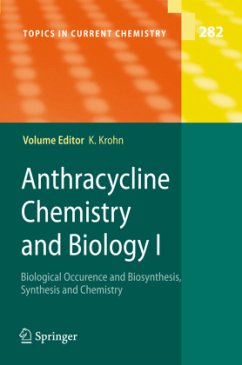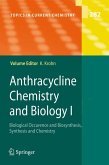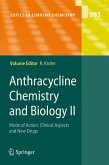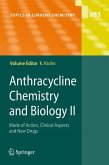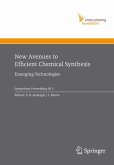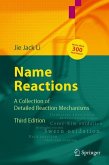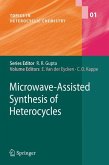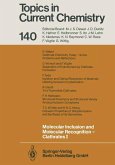More than 15 years have passed since publication of the last monograph on anthracyclineantibiotics,theACSSymposium Series574,edited byW.Priebe. However, anthracycline antibiotics continue to be one of the most applied antitumor agents, mostly in combination therapy. In addition, a number of exciting new developments such as prodrug development or new synthetic, semi-synthetic, or biosynthetic derivatives have emerged in spite of a certain decrease in synthetic activity. With this background in mind, I accepted the invitation of Prof. J. Thiem to edit an updated collection of reviews on - thracyclineantibiotics. Infact,thistaskturnedouttobeanexciting endeavor andinsteadoftheinitiallyplannedsinglevolume,thenumerouscontributions frommany experts in this exciting ?eld had to be collected into two volumes. Thelast decadehasprovidedamuchgreater amountofnewinformationthen initially anticipated and these volumes represent a condensed review of this data derived fromjournals representing quite different ?elds. The ?rst volume is dedicated to biological occurrence and biosynthesis as well as the synthesis and chemistry of anthracyclines. Since the pioneering review of H. Brockmann on naturally occurring anthracyclines in 1963, no systematic overview has appeared and this volume will provide a review of the latest information. This topic is closely related to biosynthesis and the intriguing progress in biotechnology to produce biosynthetic anthracycline variants is presented. The part of the volume covering synthesis comprises an updated overview on asymmetric synthesis, combinatorial synthesis using the Diels Alder reaction, synthesis of ?uorinated anthracyclines, the sugar moieties, non-natural glycosyl anthraquinones as DNA binding and pho- cleaving agents, and ?nally of anthracyclines and fredericamycin A via strong base-induced cycloadditionreaction.
From the reviews: "This book ... covers many different aspects of the origin, chemistry, and biosynthesis of one of the oldest but most important classes of anticancer agents. ... In summary, the book is nicely produced, very well edited, and should serve as a valuable source of information ... . This book will serve as an inspiration for scientists and students in the areas of chemistry, drug discovery, and biological evaluation. It should be an essential addition to institutional library collections ... ." (Waldemar Priebe, Journal of the American Chemical Society, Vol. 131 (23), 2009)

